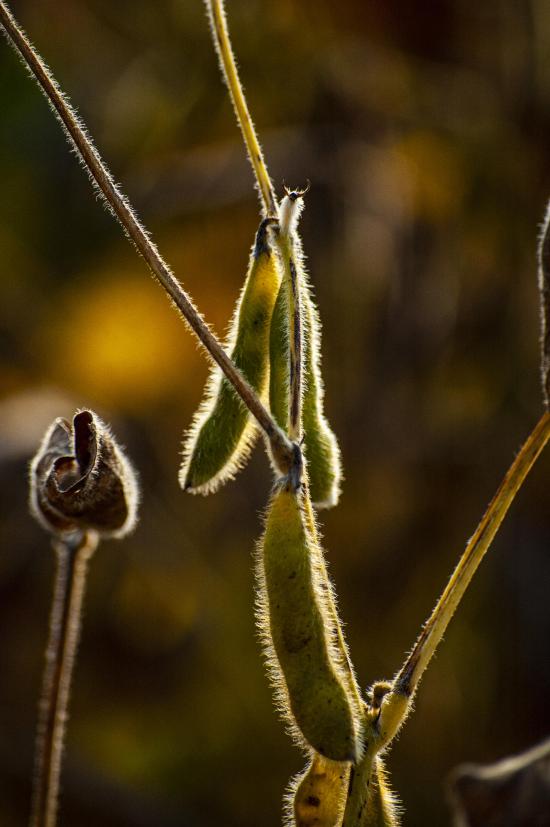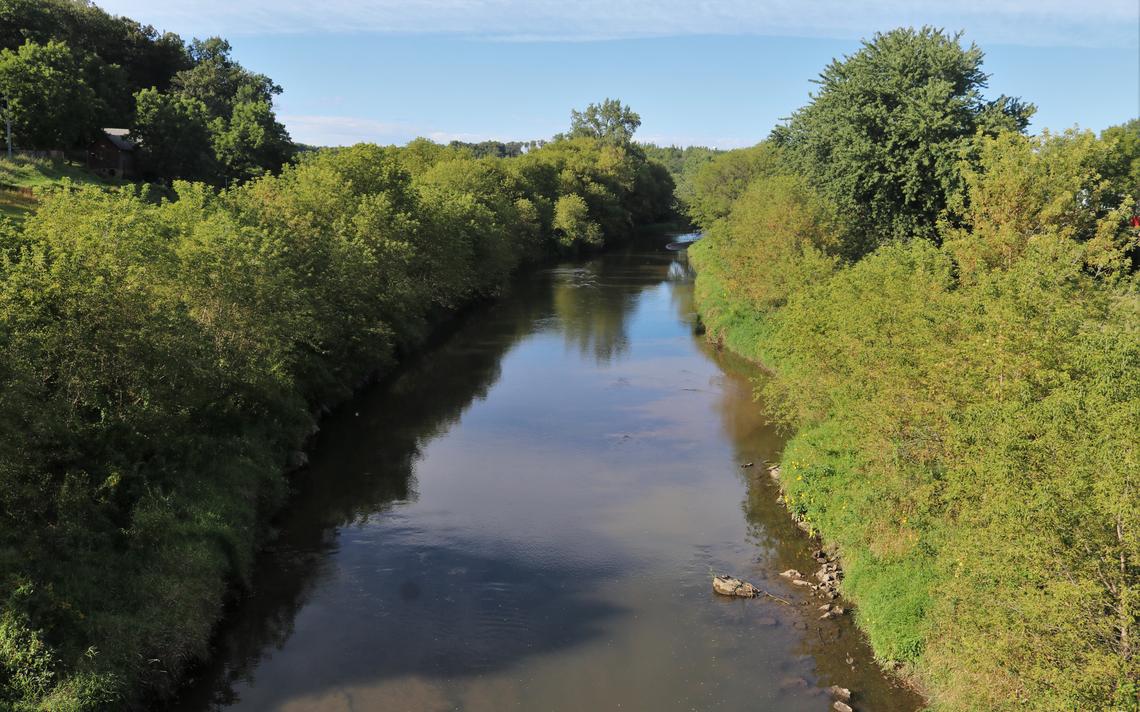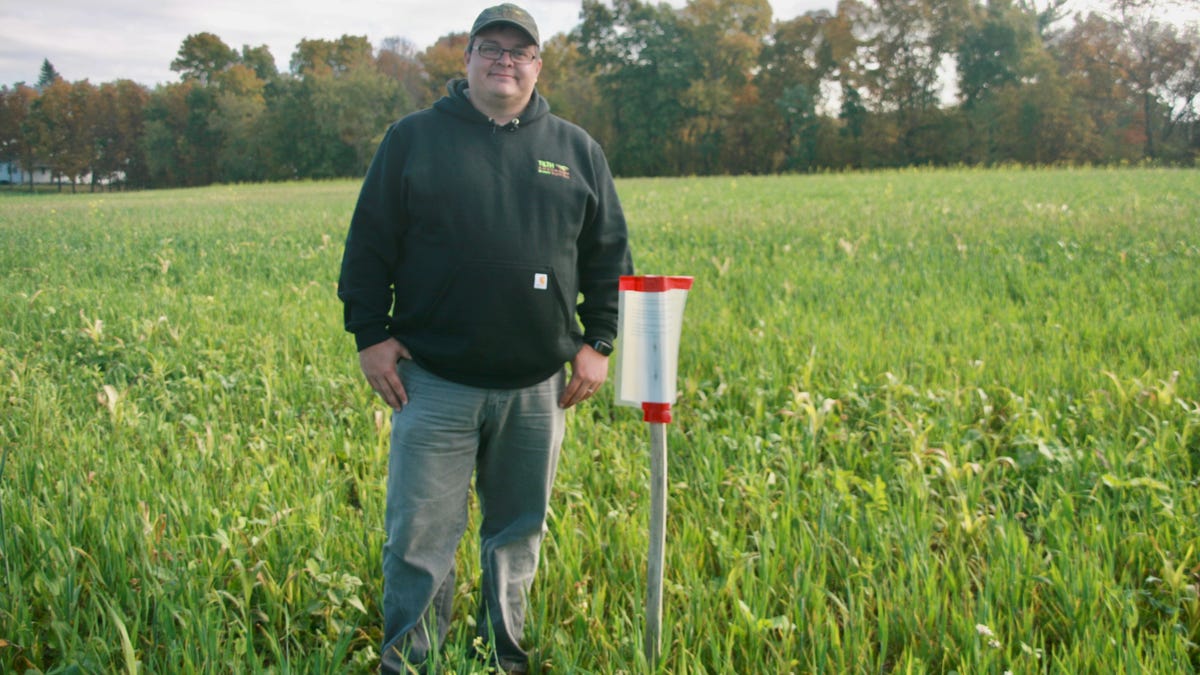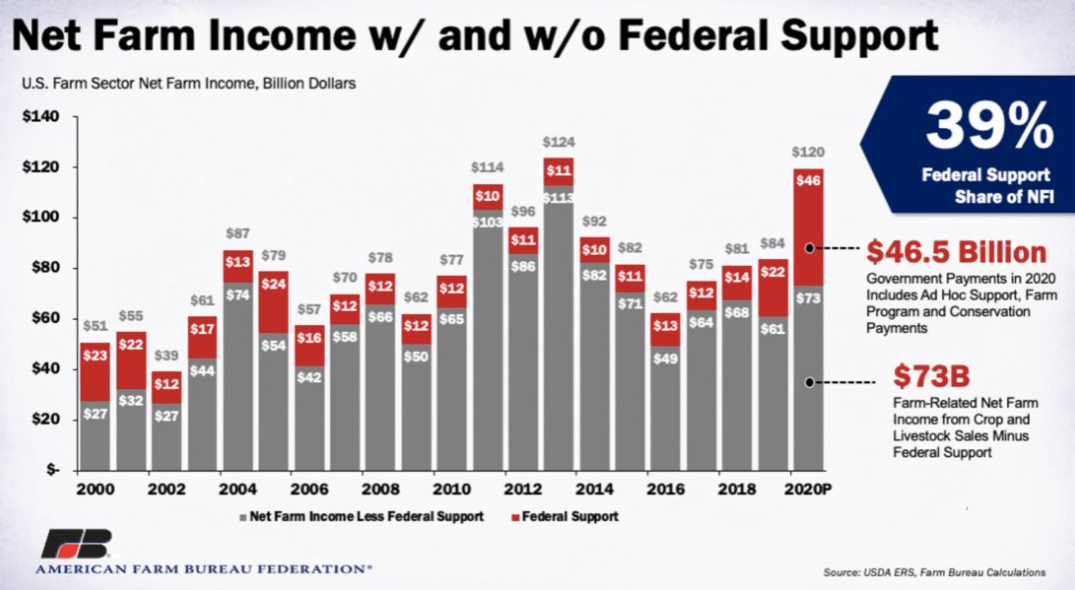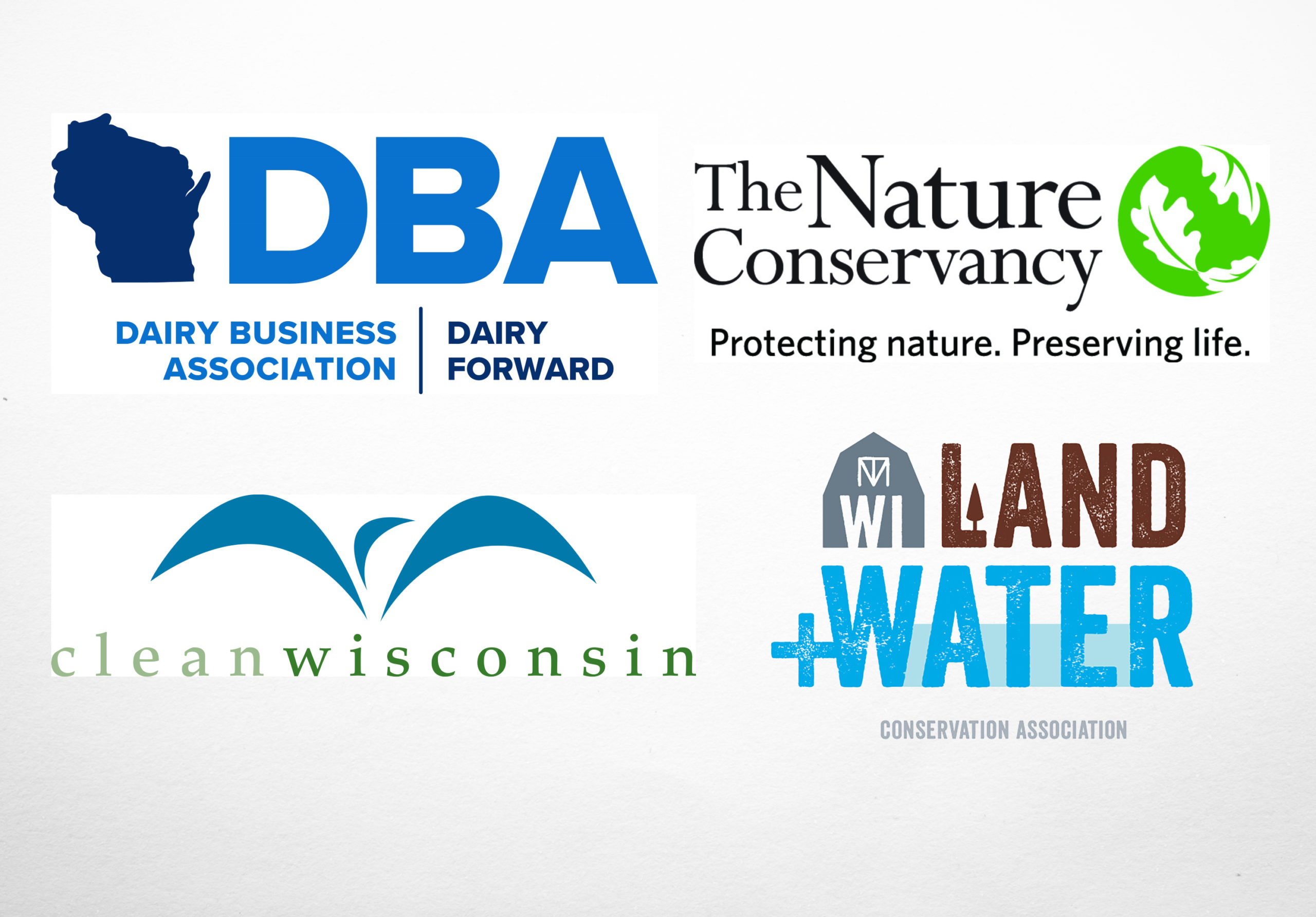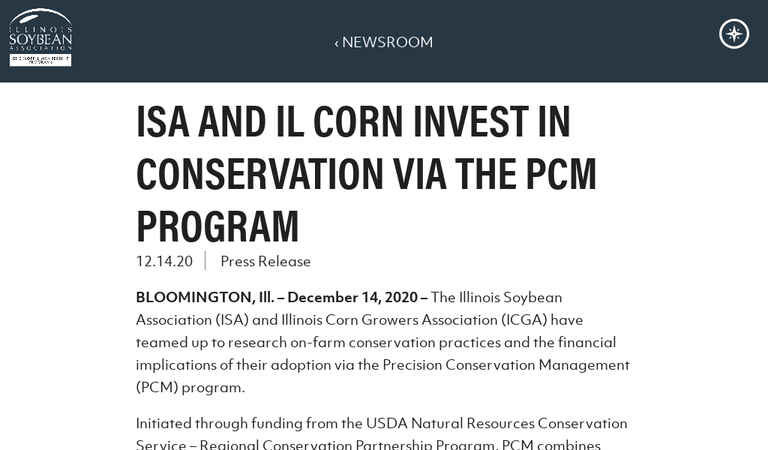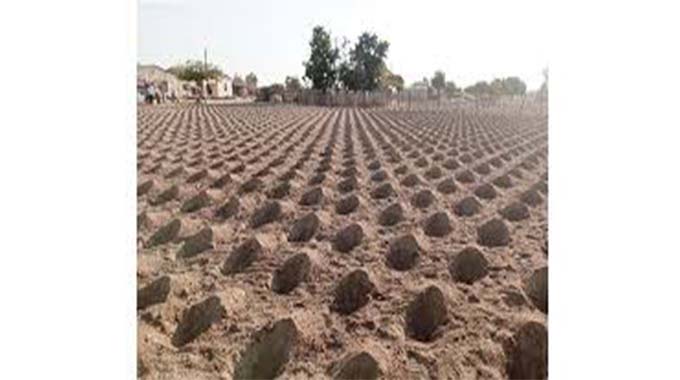01/09/2021 SOURCE: www.crescent-news.com
-
(0)
-
Bookmark
- Comments. (0)
01/08/2021 SOURCE: www.agriculture.com
Sound soybean variety selection sets the stage for other yield-enhancing factors.
It starts with the soybean seed
-
(0)
-
Bookmark
- Comments. (0)
01/08/2021 SOURCE: www.farmforum.net
-
(0)
-
Bookmark
- Comments. (0)
01/02/2021 SOURCE: www.duluthnewstribune.com
The Minnesota Agricultural Water Quality Certification Program, which began in 2014, has certified 977 farms over 685,000 acres in the state.
Walz sets 1 million acre goal for water quality program | Duluth News Tribune
-
(0)
-
Bookmark
- Comments. (0)
 Nancy Kavazanjian
Nancy Kavazanjian
Topics: Conservation/Tillage, USDA,
USDA seeks comments on whether to destroy double-crested cormorants in Ohio
USDA published a document examining damage from double-crested cormorants in Ohio. The agency is accepting comments through Jan. 15.
-
(2)
-
Bookmark
- Comments (0)
 Nancy Kavazanjian
Nancy Kavazanjian
Topics: Agriculture US, Cover Crops, Conservation/Tillage, Sustainability,
Upper Fox-Wolf farms network educates farmers, public about land conservation
10 farms in 8 Wisconsin counties are leading the way as members of the Upper Fox–Wolf River Basin Demonstration Farm Network.
-
(1)
-
Bookmark
- Comments (0)
 Nancy Kavazanjian
Nancy Kavazanjian
Topics: Cover Crops, Conservation/Tillage, Water, USDA, Regenerative Agriculture,
Interesting perspective on improving farming's environmental performance
This might hurt some feelings
“To be radical is to simply grasp the root of the problem. And the root is us.” Howard Zinn, 1999. There’s a page on my website where I post the powerpoint slides from presentations I conduct. I to…
-
(0)
-
Bookmark
- Comments (0)
 Nancy Kavazanjian
Nancy Kavazanjian
Topics: Dairy, Conservation/Tillage, Water,
Environmental, agricultural groups form initiative to advocate for clean water, thriving farms - Mid-West Farm Report
Four environmental and agricultural groups are coming together to advocate for meaningful state-level policy changes that support clean... Read More
-
(0)
-
Bookmark
- Comments (0)
 Nancy Kavazanjian
Nancy Kavazanjian
Topics: Corn/Maize, Soybeans, Conservation/Tillage, Water, USDA,
ISA and IL Corn Invest in Conservation via the PCM Program
The Illinois Soybean Association (ISA) and Illinois Corn Growers Association (ICGA) have teamed up to research on-farm conservation practices and the financial implications of their adoption via the Precision Conservation Management (PCM) program.
-
(0)
-
Bookmark
- Comments (0)
 John LaRose Jr.
John LaRose Jr.
Topics: Soil Health, Conservation/Tillage, Water, Sustainability, Research, World Hunger, World Population,
-
(0)
-
Bookmark
- Comments (0)



